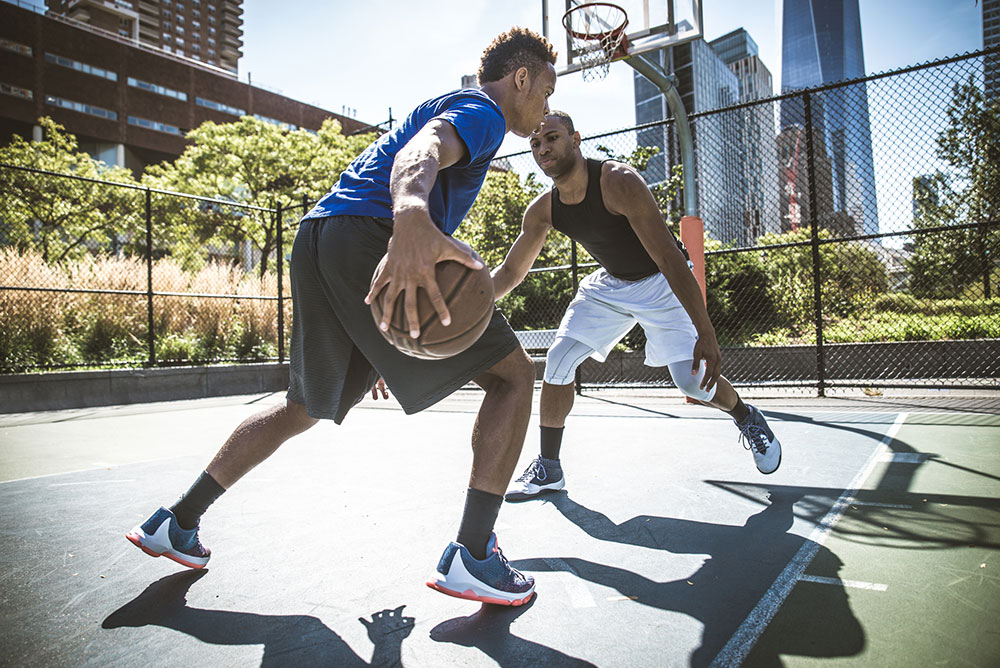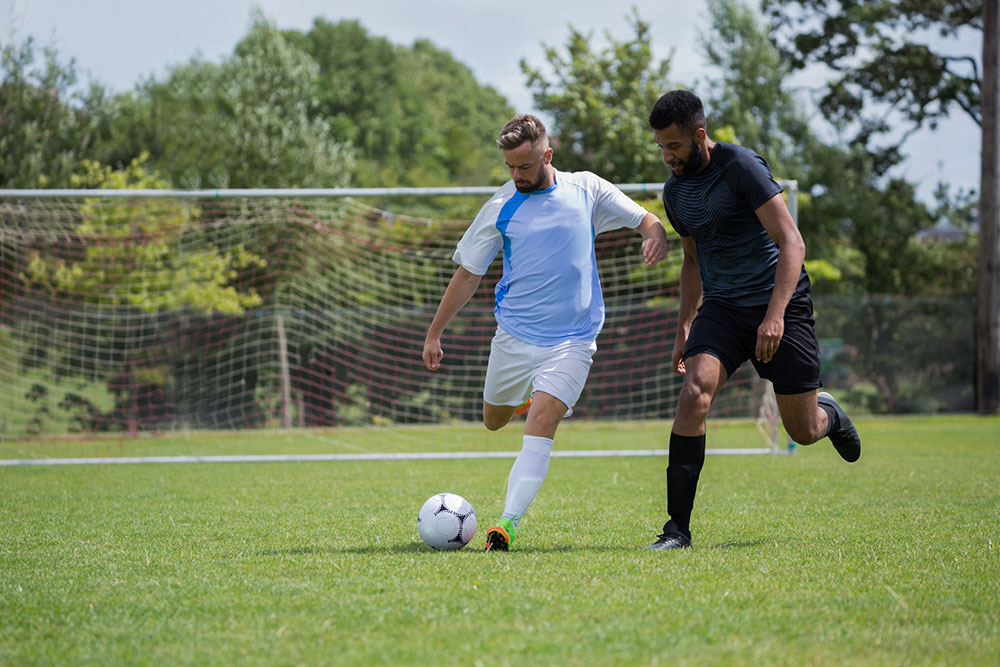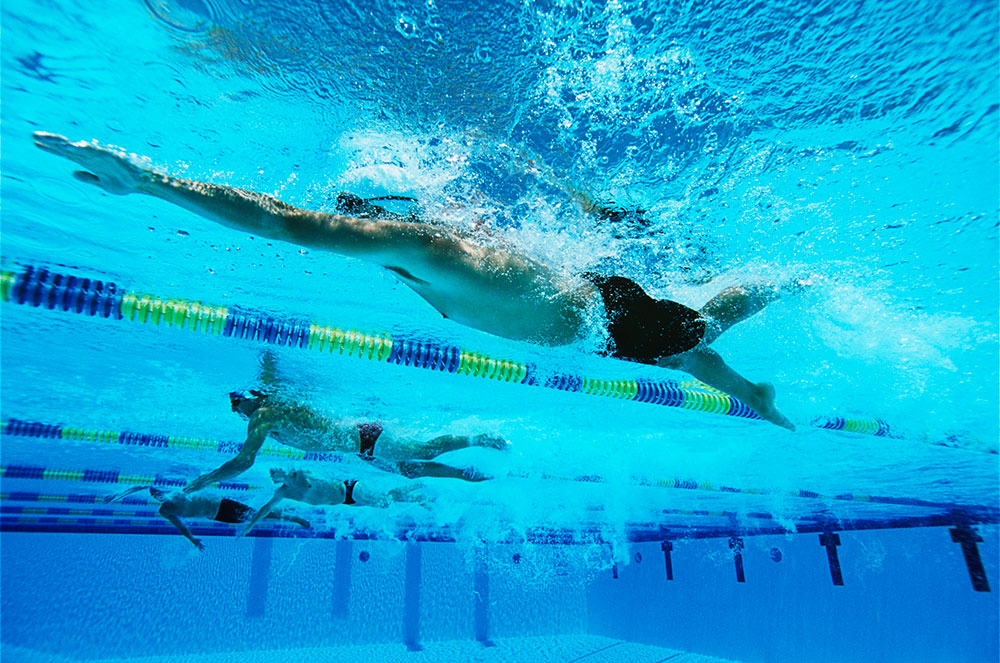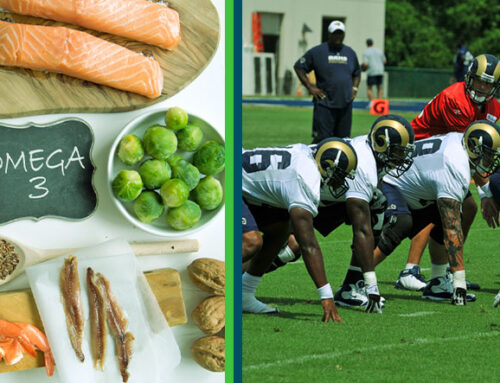As the winter sports season approaches, athletes gearing up must be prepared to prevent activity related injuries. From acute incidents to overuse injuries like stress fractures, or anterior cruciate ligament (ACL) tears prevalent in soccer and basketball, these can seriously hinder an athlete’s performance, regardless of their level of competition.1
Building Resilience Against Injury: Your Playbook for Sports Injury Prevention
Building Resilience Against Injury: Your Playbook for Sports Injury Prevention


As the winter sports season approaches, athletes gearing up must be prepared to prevent activity related injuries. From acute incidents to overuse injuries like stress fractures, or anterior cruciate ligament (ACL) tears prevalent in soccer and basketball, these can seriously hinder an athlete’s performance, regardless of their level of competition.1
Proper Warm-Up
A well-planned warm-up prepares your muscles and joints for physical exertion, reducing injury risk. Initiate your warm-up with light aerobic activities like jogging or jumping jacks, followed by dynamic stretching exercises.2
Correct Technique
Employing the correct technique, whether you’re lifting weights, running, or playing a sport, is vital for injury prevention. Maintain good form and posture, focusing particularly on your core strength, as it efficiently facilitates energy transfer between your lower and upper extremities.3

Appropriate Gear
Wearing suitable, well-fitted gear specific to your activity—be it a helmet for cycling or supportive footwear with proper foot and ankle support—can effectively safeguard against potential injuries.
Rest and Recovery
Prioritizing rest and recovery post-activity helps prevent overuse injuries.
Ensure adequate sleep, take necessary rest days, and incorporate active recovery strategies into your regimen.4 Proper sleep elevates growth hormone levels, vital for muscle recovery, and regulates inflammatory proteins.
Listen to Your Body
Understanding your body’s response to workouts is crucial. Delayed onset muscle soreness is common post-exercise, peaking between 48 to 72 hours. However, persistent pain that alters performance and extends between workouts may signal an injury or underlying condition. Do not ignore this pain—pause the aggravating activity and seek assistance from a healthcare professional such as an athletic trainer, physical therapist or physician.

Nutrition and Hydration
Consuming a balanced diet and staying well-hydrated are pivotal for optimizing performance and injury prevention. Carbohydrates, protein, vitamins, and minerals are integral components of an athlete’s diet, each serving specific roles in energy provision, muscle recovery, and overall health. Similarly, adequate hydration before, during, and after exercise can prevent dehydration and heat-related illnesses, maintain optimal body function, and aid in joint lubrication and nutrient transportation.
Injuries can be a setback, but by warming up correctly, using proper technique, wearing suitable gear, prioritizing rest and recovery, and listening to your body, you can mitigate risk and ensure your safety and well-being. Remember, “prevention is often better than cure.” Strive to make your body more resilient and remain injury-free as you engage in your desired sport.
Please share this important information with anyone who might benefit.
REQUEST A CONSULTATION
Need help with an existing injury or ailment?







Leave A Comment